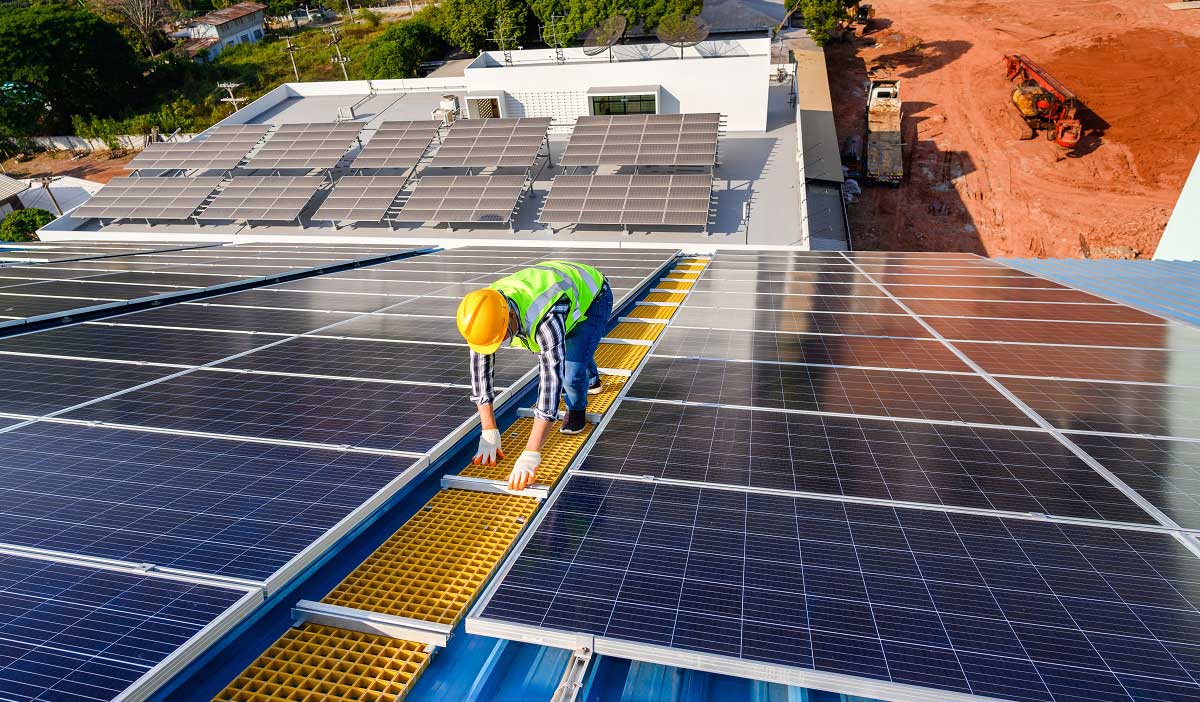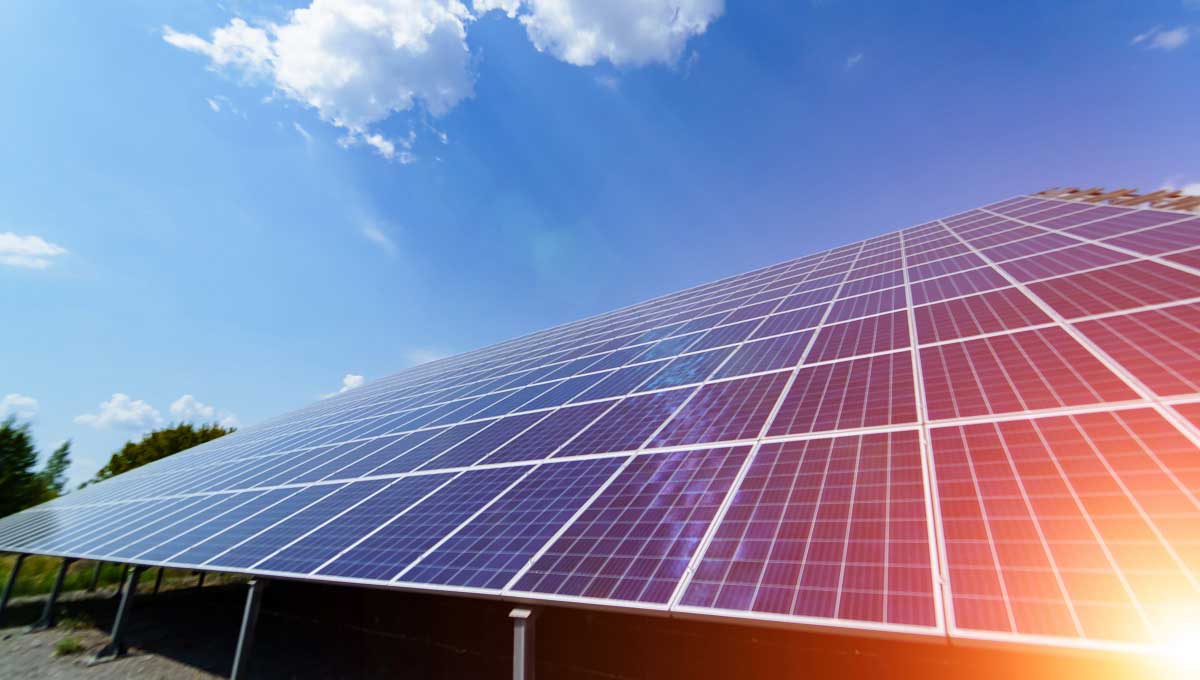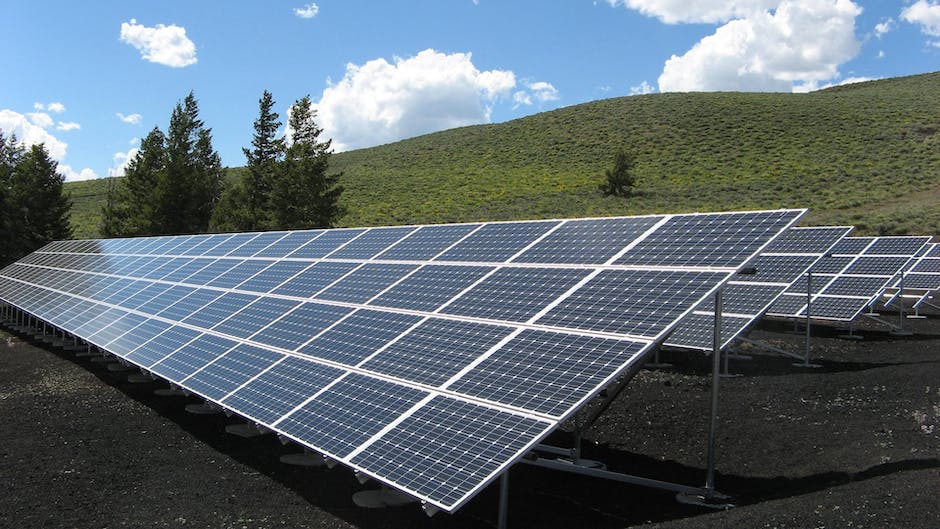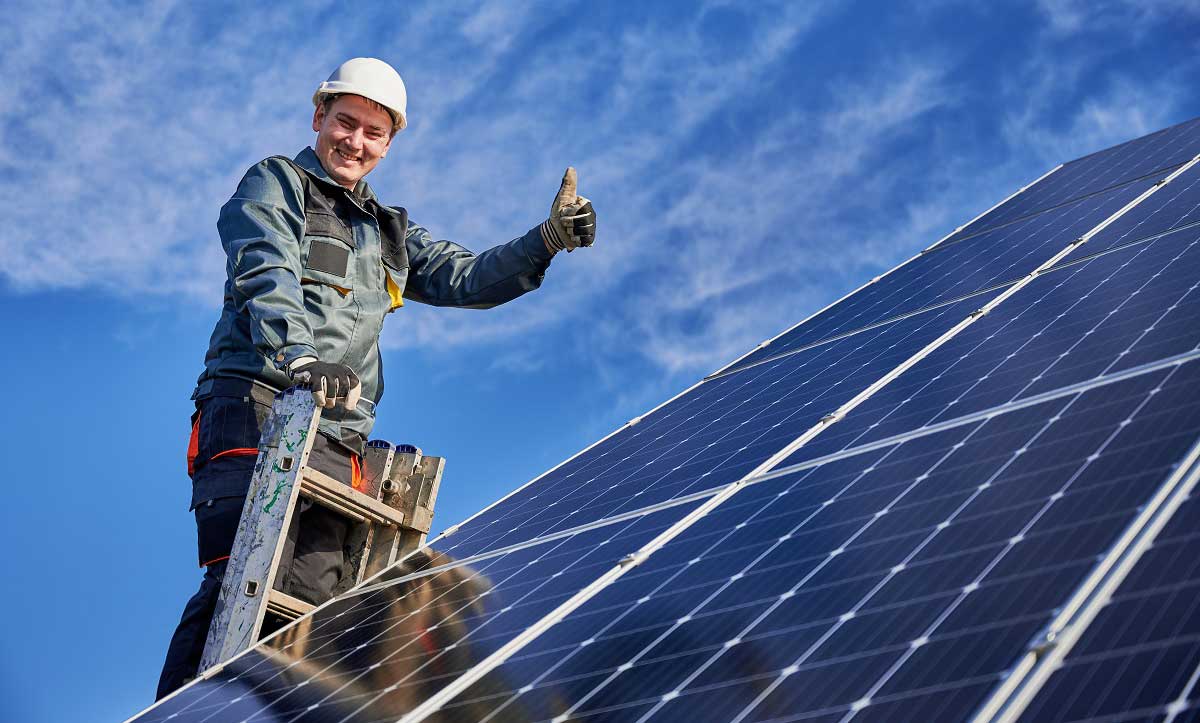The benefits of solar energy are becoming increasingly evident, with more and more households opting for solar panels to decrease their utility bills. However, the initial costs associated with installing solar panels can be a significant hurdle, especially for low-income families. Recognizing the potential of solar energy to alleviate some of the financial burdens faced by these families, several states in the U.S. have established programs aimed at making solar energy more accessible for low-income households.
This comprehensive blog explores the various federal and state programs and incentives that help make solar power more affordable by offering free solar panels for low-income families.
Understanding Low-Income Solar Incentives
In general, these programs don't offer 100% free solar panels but significantly reduce or eliminate upfront costs, resulting in substantial savings for the homeowner. Some programs offer rebates and grants to cover most of the installation costs for qualified applicants, while others provide low-interest loans that can be repaid through the homeowner's regular electric bill. The goal is to make solar installation affordable while enabling the homeowner to save money over time.
Most of these programs cater to families with incomes at or below 80% of the area median income (AMI), as these are the households for which energy costs can be a major burden.
Key Low-Income Solar Programs Across the U.S.
Solar energy is not just a trend; it is a significant step towards a sustainable future. However, one barrier has continually stood in the way for many American families - the initial cost of going solar. Fortunately, several programs in the United States aim to bring the benefits of renewable energy to low-income households.
Defining Low-Income
Most of these programs target families with incomes at or below 80% of the area median income (AMI). These are the families for whom energy costs can be a major burden, making it sensible to target them for low-cost solar programs.
How These Programs Work
Contrary to common perception, these programs do not supply 100% free solar panels. They are designed to either reduce or eliminate upfront costs and still result in savings for the homeowner. In most cases, rebates and grants can cover much of the cost of rooftop solar installations for qualified applicants. Some states also offer low-interest loans that are paid back through the homeowner's regular electric bill, allowing them to save money while purchasing a solar installation.
State Specific Programs
Several state programs offer free solar panels for low-income families. Here are some of the states that offer such incentives:
California
The California Disadvantaged Communities Single Family Solar Homes Program (DAC-SASH) subsidizes the installation of solar panels for low-income single-family homes. To qualify, homeowners must live in one of the top 25 percent most disadvantaged communities as identified by the CalEnviroScreen and meet the requirements of the California Alternate Rates for Energy (CARE) program.
Colorado
The Colorado Energy Office (CEO) subsidizes the installation of solar panels for low-income single-family homes via the federal Weatherization Assistance Program (WAP). Eligible applicants must own and live in their own home and have a household income that is 200% or less of the federal poverty level.
Hawaii
Hawaii's GEM program offers fixed rate loans for solar panels and energy efficiency projects. Both homeowners and renters are eligible and the loan obligation is attached to the household electric meter, not the residents, making it easily transferable.
Illinois
The Illinois Solar For All Program incentivizes installers to target lower-income households when selling and leasing solar panels, creating cost savings which can be passed onto the consumer.
Massachusetts
The Massachusetts Solar Loan Support program provides incentives to support low and moderate-income households in getting affordable loans to install solar panels. The incentives include reducing loan principal by up to 30%, reducing loan interest rates by up to 1.5%, and providing a loan loss guarantee to lenders for residents with bad credit.
Minnesota
As part of its Solar Rewards Program, Xcel Energy offers added incentives for income-qualified customers. These include subsidizing the cost of solar panels up to $2,000 per installed kW and providing an incentive of $0.07 per kWh produced by the solar system.
New York
The New York State Energy Research and Development Authority (NYSERDA) offers a program called Solar For All which can help income-eligible residents qualify for solar savings with no upfront cost. Subject to income eligibility requirements, the Solar for All program helps low-income residents benefit from community solar farms and offers monetary bill credits of between $5 and $15 a month.
Washington D.C.
The DC Solar For All Program pays for the installation of solar panels on single-family households. Under the program, homeowners do not own the solar panels, but are leasing them at no cost, receiving 100% of the clean energy produced by the system.
California Disadvantaged Communities Single Family Solar Homes Program (DAC-SASH)
The DAC-SASH program in California subsidizes the installation of solar panels for low-income single-family homes, providing up to $3,000 per installed kW, for a maximum of 5.0 kW. Administered by the non-profit GRID Alternatives, the program also funds the remaining unsubsidized cost of solar panels and provides solar industry job training.
Colorado Rooftop Low Income Program
Colorado's Energy Office subsidizes the installation of solar panels for low-income single-family homes via the federal Weatherization Assistance Program. To be eligible, applicants must own their home, live in it, and have a household income that is 200% or less of the federal poverty level.
Hawaii Green Energy Market Securitization On-Bill Repayment Program (GEM)
Hawaii's GEM program provides fixed-rate loans for solar panels and energy efficiency projects, which are repaid in monthly installments through the household's electricity bill. The program doesn't directly target low-income households, but its structure significantly benefits them. Both homeowners and renters are eligible, and the loan obligation is attached to the household electric meter, making it easily transferable.
Illinois Solar For All Program
Illinois' Solar For All Program incentivizes solar panel installers to target lower-income households, resulting in cost savings that can be passed onto the consumer. Participants are guaranteed no upfront costs and no ongoing costs or fees that exceed 50% of the value of the energy produced.
Massachusetts Solar Renewable Target Program (SMART) and Solar Loan Support Program
Massachusetts offers two significant programs: the SMART program, which incentivizes the installation of solar panels by paying owners for each kWh of electricity produced, and the Solar Loan Support program, which provides incentives to support low and moderate-income households in getting affordable loans to install solar panels.
Minnesota Xcel Energy’s Solar Rewards Program
Public utility Xcel Energy offers added incentives for income-qualified customers as part of its Solar Rewards Program. The program subsidizes the cost of solar panels and provides an incentive for the electricity produced by the solar system.
Get Free Solar Panels For Low-Income Families
While most programs don’t offer 100% free solar panels for low-income families, many offer solar assistance options that can help alleviate low-income families by embracing solar power. Numerous states across the U.S. have initiated programs to make solar power more accessible to low-income families. These programs are designed to mitigate the upfront costs and render the transition to solar energy more manageable.
Low-income families can also find solar assistance in the form of free used solar panels. Visit Gov Relations and explore our resources to learn more.







